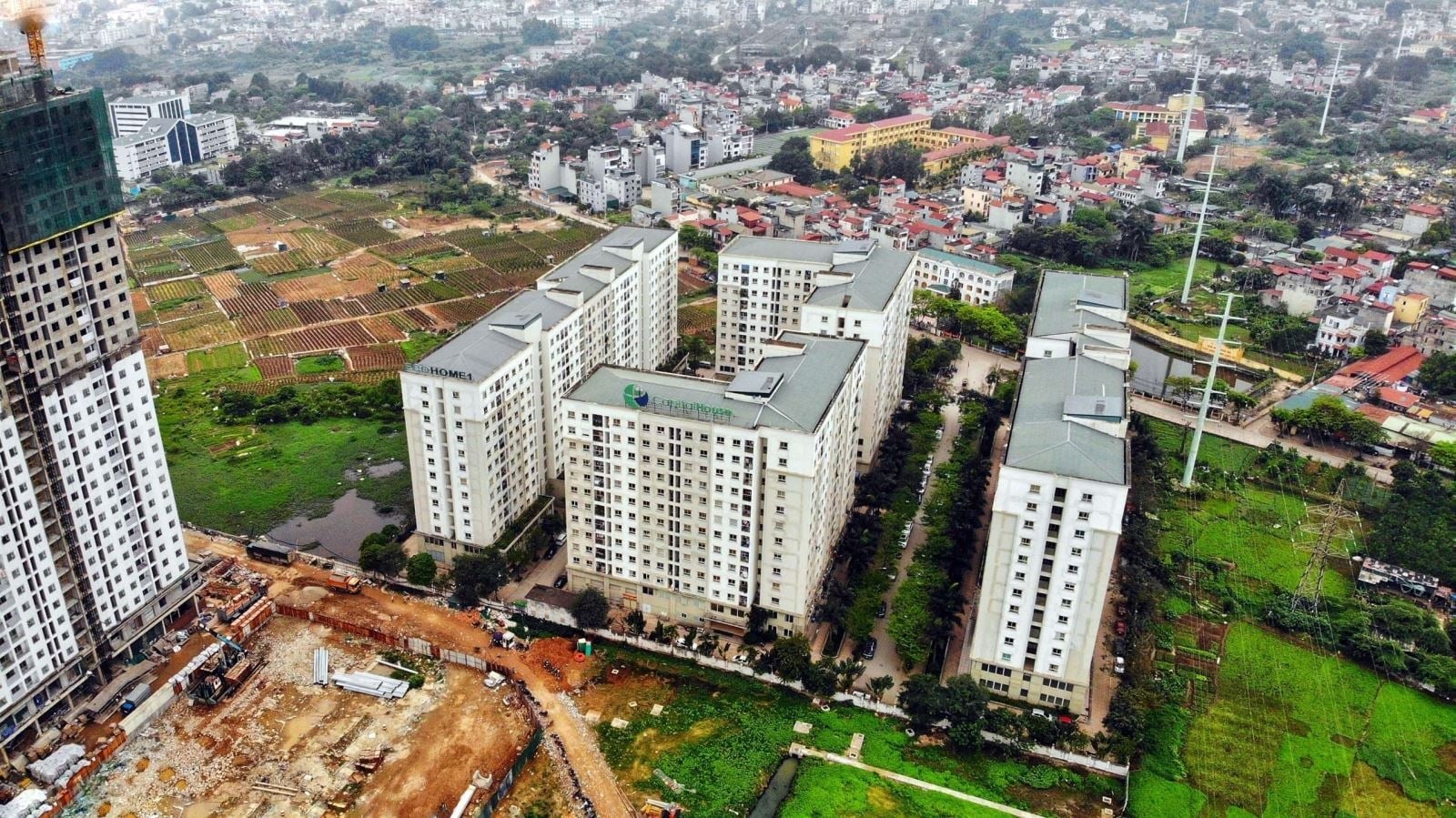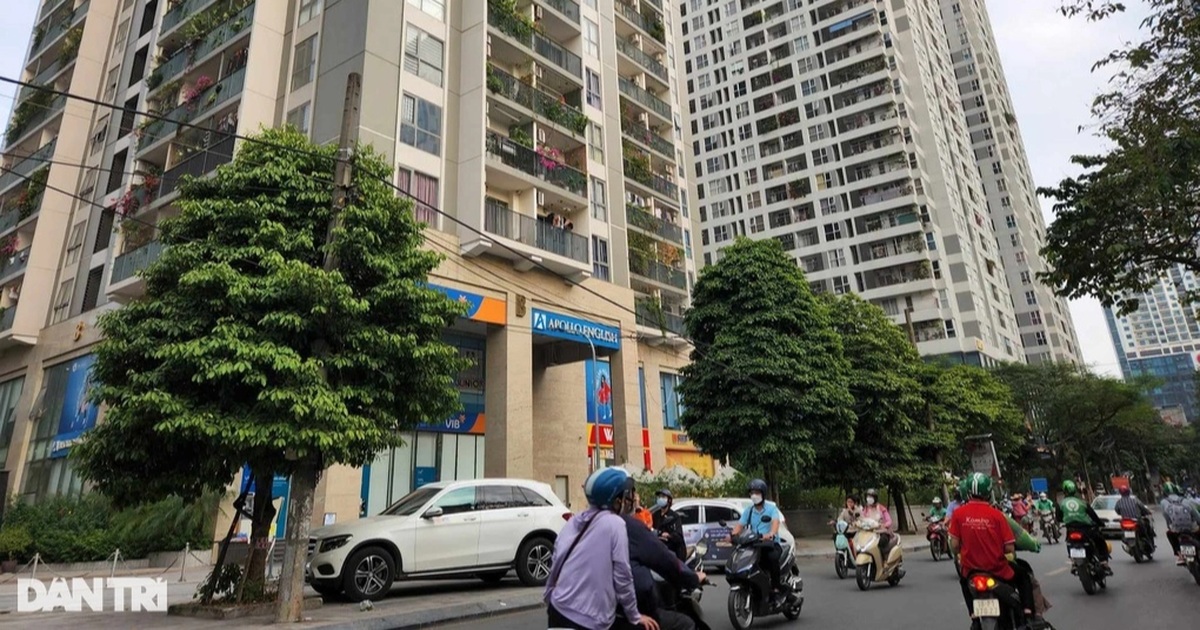Real estate credit increases sharply
According to statistics from the State Bank, by the end of June, real estate credit increased by 4.6%, of which real estate business increased by 10.29%. The proportion of real estate business credit accounted for 39-40% of total real estate credit while credit for real estate consumption increased by only 1.15%.
According to Finance magazine, statistics from the State Bank of Vietnam (SBV) show that outstanding credit for real estate business activities reached about VND 1,093 trillion by the end of 2023. Thus, from the beginning of the year to the end of May 2024, banks have lent more than VND 112,000 billion to project investors.
Bank credit to the real estate sector has been more positive in the first half of this year. Last year, people's demand for loans to buy real estate witnessed a sharp decline when consumer credit increased by only 1% (the lowest level in the past 5 years), while credit for investors increased by more than 35%. Notably, at one point (the first 9 months of 2023), credit for consumption and self-use purposes witnessed a decrease of nearly 4% compared to the end of 2022.

Credit poured into real estate increased sharply. Illustration photo from the internet.
The real estate market has also recorded many positive developments since the beginning of the year, with supply and liquidity gradually recovering. According to information from the Ministry of Construction, after a period of limited supply, real estate supply is moving in a positive direction. The market has recorded the return of a series of old projects being restarted and new projects being opened for sale.
Accordingly, in the first half of the year, 18 commercial housing projects were completed and 23 new projects were licensed. For infrastructure construction projects to transfer land use rights for housing construction, 32 projects were completed and 16 projects were licensed. For the social housing segment, 8 projects were completed in the past 6 months.
In terms of purchasing power, the market recorded about 253,000 successful transactions, an increase of about 10% over the same period last year. The Ministry of Construction assessed that the real estate market has responded positively to signals such as increased interest and searches for real estate information by customers and investors. However, the recovery rate is very slow, due to both objective and subjective reasons.
Why is credit poured into real estate?
Currently, a series of banks are competing to reduce interest rates for loans to buy real estate and repair houses. According to information from Tien Phong, according to Mr. Pham Nhu Anh - General Director of Military Bank (MB), banks have lowered interest rates to the lowest level in the past 10 years. Low capital costs will stimulate increased credit demand.
Economist Can Van Luc - member of the National Monetary and Financial Policy Advisory Council - said that real estate credit currently accounts for 1/5 of the total outstanding credit of the economy. The early application of new laws such as the Land Law, Housing Law, Real Estate Business Law, and Credit Institutions Law, etc. will contribute to promoting a stronger recovery of the real estate market in the coming time.
Mr. Le Xuan Nghia - Member of the National Monetary Policy Advisory Council - also assessed that capital is still a difficulty "haunting" real estate enterprises. In particular, credit capital is still the main channel for enterprises to look to serve business activities, because other mobilization channels are facing difficulties.
The Government has provided many supports on interest rates and legal issues, so experts believe that businesses must proactively restructure and orient their business strategies more appropriately to market trends and new legal corridors. Credit growth in the first 6 months of the year also shows that confidence in the real estate market has somewhat recovered. New regulations related to important real estate have been passed, although they have not yet been applied, but they have supported market sentiment.
Credit growth and liquidity risks of real estate enterprises have decreased as many enterprises proactively bought back corporate bonds early and restructured debts. The real estate enterprises that will benefit will be those that own clean land funds and projects that are eligible for sale, serving real housing needs.
Dao Vu (T/h)
Source: https://www.nguoiduatin.vn/ly-do-tin-dung-do-vao-bat-dong-san-tang-manh-204240728175023704.htm




























































Comment (0)